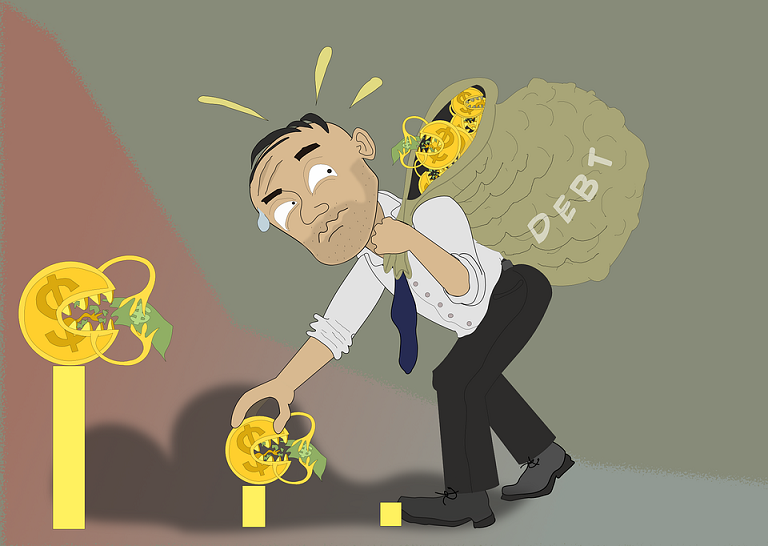I do not pay the debt. And that?
It has been a common practice in Entities to grant loans if the person could demonstrate habitual monthly income, absence of incidents in databases of "defaulters" and a home free of charges. The client thinks that they have given him the loan without “asking for anything”, and it is a mistake. The Bank ensures that, if you do not pay the loan, it can charge you quickly and safely.
When a personal loan is accessed , it is normally done with the security of being able to repay the debt in the installments established by contract. However, in times of economic recession, it is common to suffer sudden changes in your financial situation and even experience unexpected circumstances, such as a layoff. Therefore, what happens in the event of non-payment of mini credits, personal loans or mortgages?
Failure to pay a loan, of whatever type, can cause you serious problems. In fact, in any forecast or personal financial planning, the payment of the loan should be a priority. Why? Mainly because, although stopping paying may seem like a short-term solution, it will only aggravate and worsen your financial situation.
Therefore, if you cannot afford the loan payment, it is recommended ** to speak with the borrowing entity ** or private entity that has granted it and explain in detail what your situation is. In this way, a beneficial solution can be found for both, since credit institutions prefer to charge late than to have a ** delinquent client ** with whom they are forced to initiate legal proceedings.
What happens if I stop paying the loan?
In the event that you decide not to pay - which we strongly discourage - a process will begin that will gradually increase the debt and that, if it is delayed in time, may lead to the loss of present and future assets. These are the terms that lenders work with:
As soon as you stop paying the first installment, they will charge you default interest, which is much higher than ordinary interest. Interest that accrues to your original debt.
In the event that you accumulate a second non-payment, the entity in question will assess to register your personal data in the files of defaulters, so it will make it difficult and prevent -in some cases- from obtain financing in the future.
Between the third and sixth non-payment, and in the event of not reaching any type of agreement with the bank or entity, a legal claim will be initiated.
And what happens after unpaid bills pile up?
Once these deadlines are met, the consequences will vary depending on the amount and type of loan requested. In the case of a mini loan whose value does not exceed one thousand euros, it is probable that the entity will not enter into legal actions, thus avoiding the derived expenses. But don't forget that you will owe more money with each passing day.
If you contracted a personal -or consumer loan, it means that you put all your present and future assets as collateral and, therefore, in a case of prolonged non-payment the judge could seize the necessary assets to cover all the debt (such as part of your payroll, pension, bank account, car or house).
In the event that you take out a mortgage loan, the entity will request the foreclosure of the mortgage and you will have a longer term (usually one year) to pay the debt incurred. If you do not pay this amount within the established period, you would lose any rights as an owner and the house would go into an auction process.
Wise advice
In short, do not stop paying a loan as a solution to an economic liquidity problem, since it can be the trigger for much worse problems. And, above all, do not request a credit without being sure that you will be able to return it.
Posted Using LeoFinance Beta

Credit is a dangerous game
Sure, it's a double-edged sword